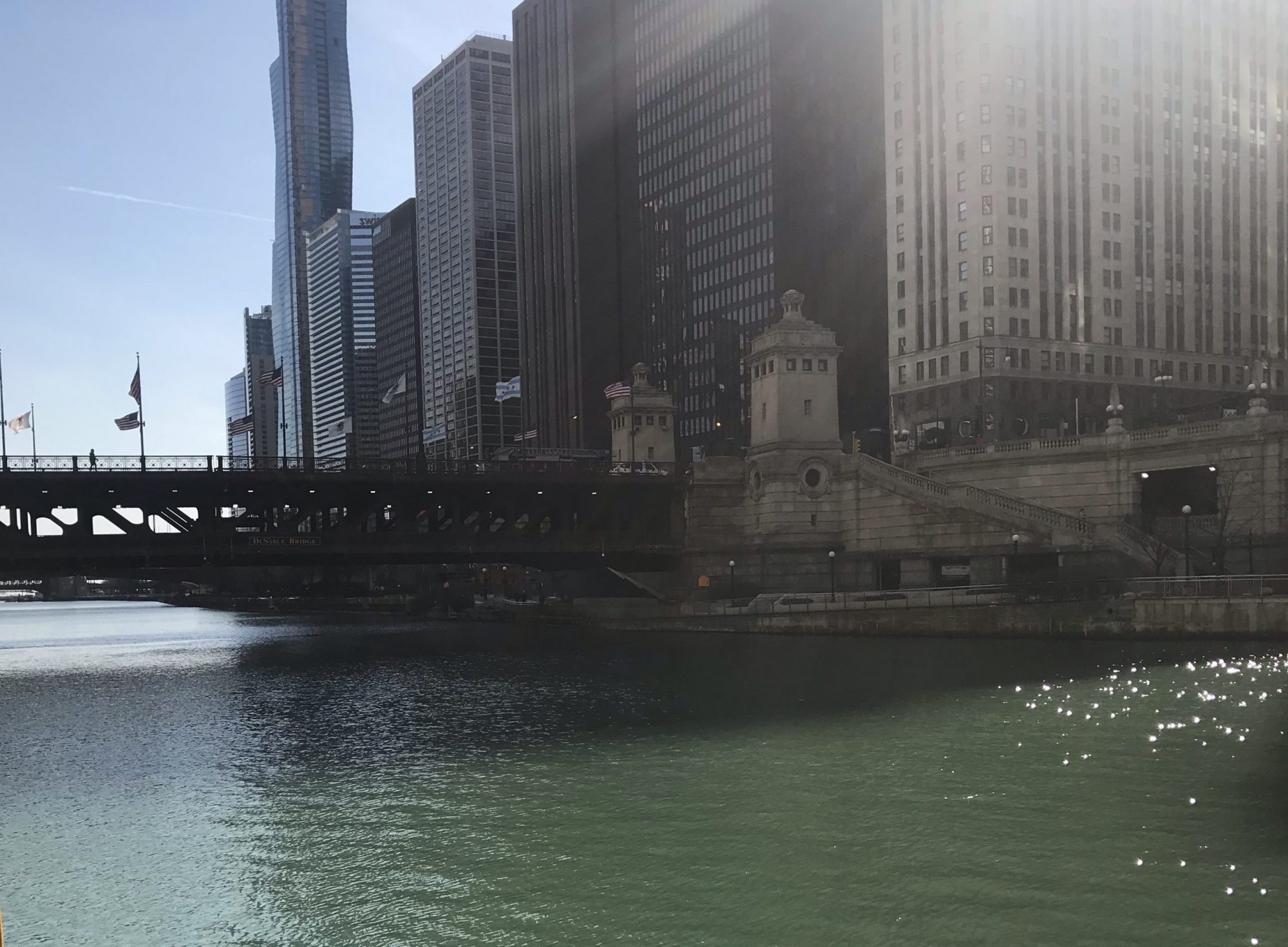I am, by training, a historian. I am also an anthropologist and a political scientist, but by far the most formal training, time, and money spent has been as a historian.
Yes, I know I’m a writer, too, but that is a state of being, not my degree(s). But it also does certainly tie into being a historian.
Why?
Because historians write—and not just a little. Historians write a lot. Part of this is because that’s how our work survives—in monographs and articles and published conference papers, in blog posts and ruminations and our notes. Writing is and for centuries has been how historians preserve the things that we study and in turn, the writing of other historians is part of how we come to our own understandings of what has been.
Historians write so much that as we progress deeper and deeper into doing history, we all learn about something called historiography.
I just heard a thousand undergrads and probably an equal number of grad students groan. I get it. Historiography is hard and can be annoying when all you want to do is be digging through your primary sources and finding that huge new piece of the puzzle that no one else has found before, the answer to the question that no one else has asked. I get it. I was there, too.
It has taken a long time for me to really appreciate historiography for what it is, not just something that we’re forced to do as scholars. It’s a lens through which we understand our field—it’s our slightly more complicated version of a literature review that would pop up in almost any other field.
Why is it more complicated? Probably because in doing historiography, we’re not just looking at what other people have talked about before—we’re actually putting together a meta-history of what other scholars have written and argued before. We are tracing the throughlines of different arguments and interpretations of the past.
Now why would we do that, you might be asking, especially if you’re not necessarily familiar with history as a discipline—or maybe because you are. We do that because the same way we look at primary source material—whether it be writing, art, records, music, something else—through the lens of the time period it was created in, we also need to look at our secondary sources in the same way. The influences of time, society, and the situation in which a work was created, scholarly or otherwise, can have a huge impact on how history has been interpreted over time. Much like other disciplines, you can see different schools of thought—structuralist, post-modernist, the gamut—but it goes deeper than that.
Think about looking at Victorian interpretations of English history—those historians writers had a particular point of view and a particular audience they were writing for, and in turn that influences the work. A scholar writing in the 1960s may have been radically reinterpreting the work of a past scholar in a new way, either based on new understandings of the time period or new evidence—or just by looking at something from another angle.
Historians are constantly in dialogue with history and we are constantly learning new things about the past. We argue with each other over differing interpretations of evidence in ways that many disciplines don’t—in part, because when we look into the past, we always have to ask ourselves where the line is between what was left behind and what was true. Every so often, we’ll see a seismic shift in what the discipline sees as the big important questions and who is worthy of study. It’s part of what makes history so exciting as a discipline—we are constantly learning new things. It’s also something that can be frustrating about the discipline.
Which brings us back to historiography.
As historians at all levels (whether we know it or not), we work through piles of monographs and articles, slogging through levels upon levels of different interpretations and reassessments. As you continue to work your way through what’s come before you in the scholarly discourse, you start to see patterns emerge that you can sort into schools of thought or alliances of the same and then reactions to those, reinterpretations of the same evidence, and on and on. This is why we actually a word for describing that kind of discourse. In order to be able to do history well, you have to understand how others have done it and how others have understood the same things that you are looking at now. Of course, there are always gaps.
Usually.
Maybe.
Most historians dream of finding those gaps and writing the seminal work on a particular niche hole in the historiography that may or may not be real. It’s the dream that dovetails nicely with finding a hidden archive on your favorite subject that no one else knew existed. Time to fill a big hole.
You know. Until you find the one unpublished master’s thesis that covered the same material some twenty-odd years earlier.
Do the historiography. Do the work. You’ll appreciate it a lot more than you realize later.
I certainly did.



